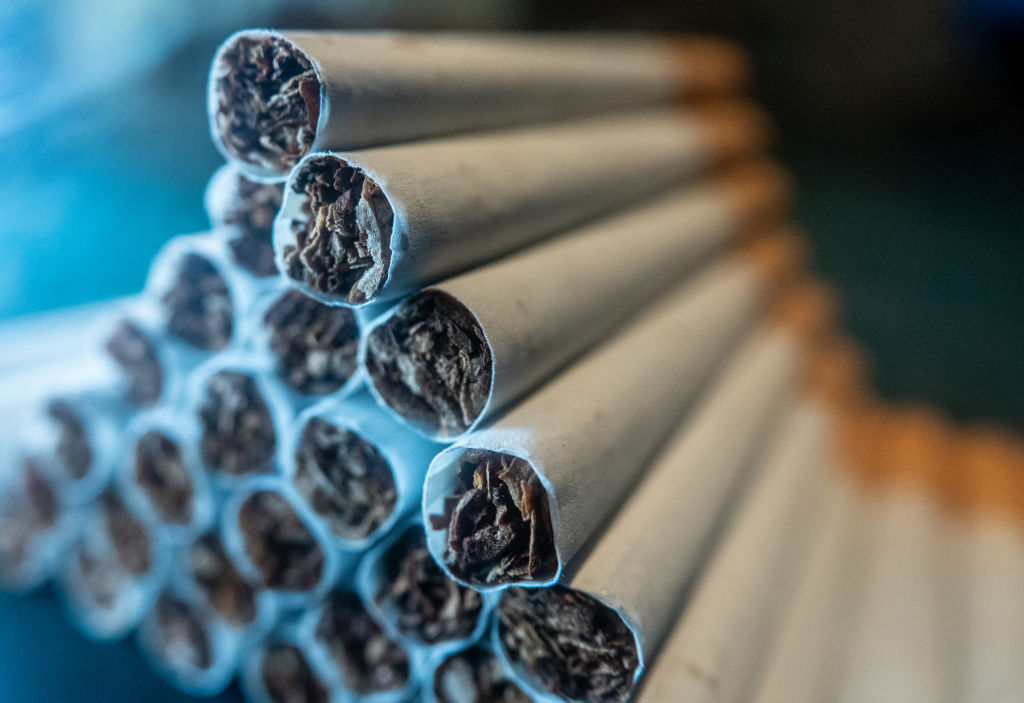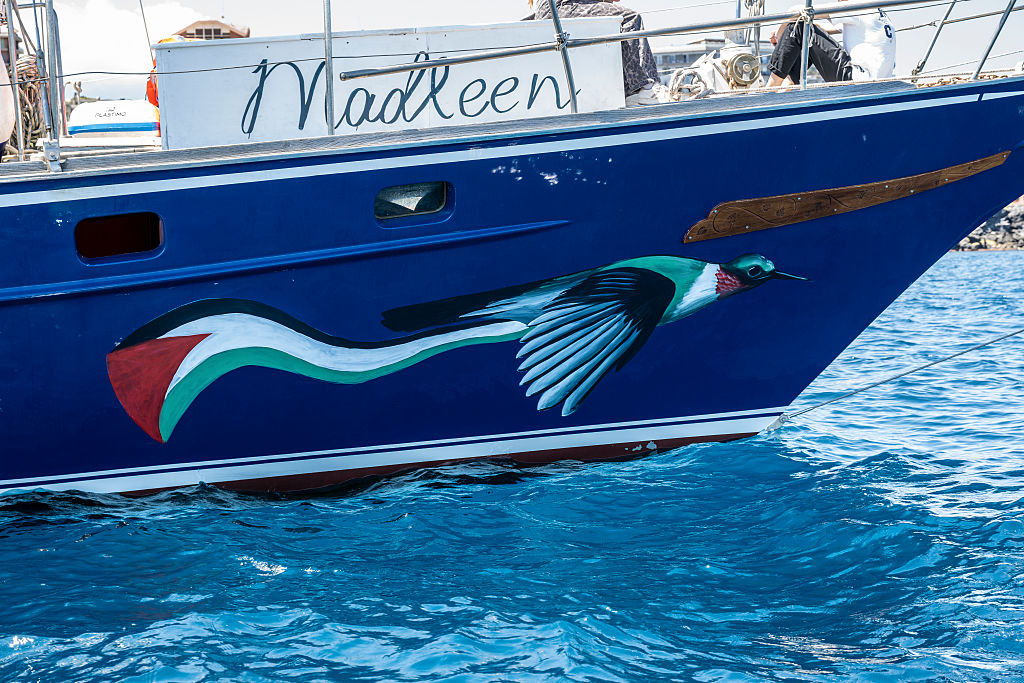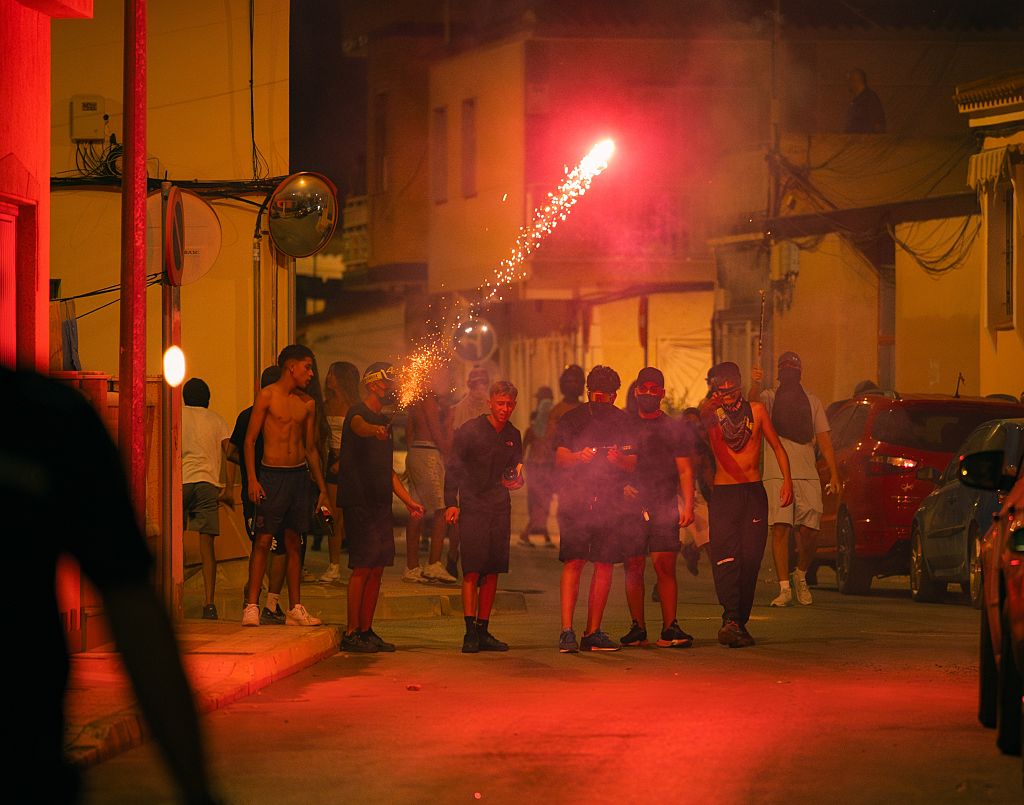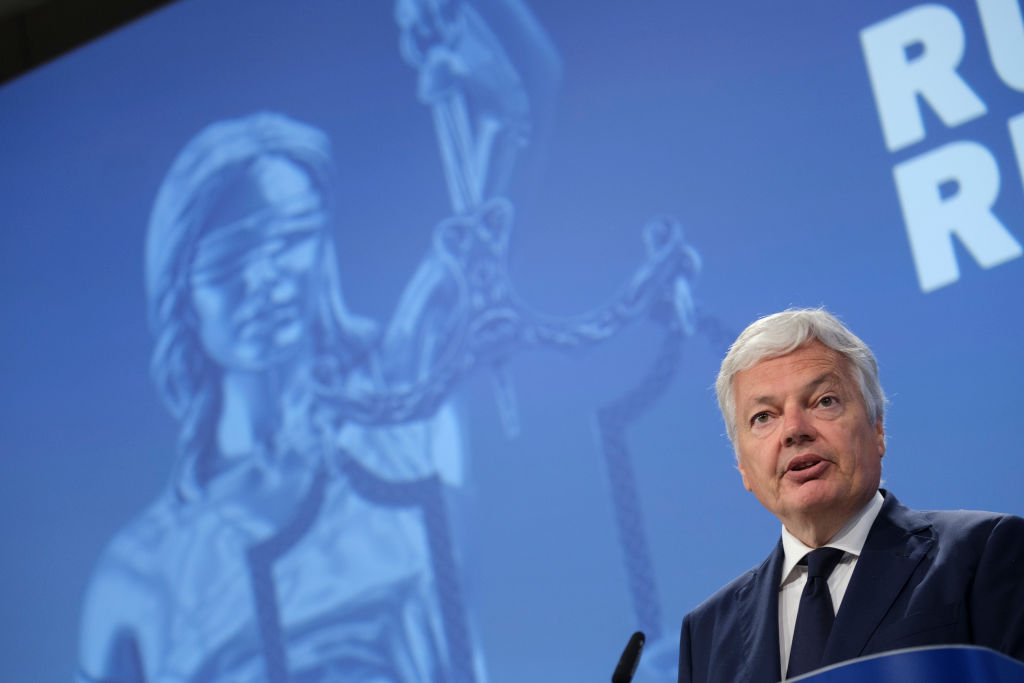An internal report by the BBC concluded that the media giant breached its own editorial guidelines by failing to disclose that the narrator of a Gaza documentary was the son of a Hamas official.
In the BBC documentary How to Survive a Warzone, a 13-year-old boy spoke about children’s lives in the conflict zone.
It turned out the youngster was the son of Hamas’s deputy minister of agriculture but this was not disclosed during the programme nor in advertising for it.
After the fact became publicly known, though, the film was pulled from iPlayer in February of this year.
According to the internal report revealed on July 14, three members of the independent production company knew about the role of the boy’s father – but no one within the BBC was aware.
This omission of “critical information” was labelled a “significant oversight by the production company”.
Hoyo Films, an independent filmmaker, carried most of the responsibilities, although it did not intentionally mislead the BBC, the report stated. It did say that the BBC was found not “sufficiently proactive” with its editorial checks and there was a “lack of critical oversight of unanswered or partially answered questions”.
The report said it did not see evidence “to support the suggestion that the narrator’s father or family influenced the content of the programme in any way”. It added, though, that using voice of the son of a Hamas official in this way was “not appropriate”.
BBC director general Tim Davie promised change “to prevent such errors being repeated”.
BBC News and Current Affairs CEO Deborah Turness told Radio 4’s The World at One: “We are owning where we have made mistakes, finding out what went wrong, acting on the findings, and we’ve said we’re sorry.”
She admitted that the BBC producers overseeing the documentary should have known about the boy’s position before transmission.
The BBC further announced it would create a new leadership role in news documentaries and current affairs, with strategic leadership of its long-form output across the news division.
It would also introduce new editorial guidance, with increased emphasis on the use of narrators in contested current affairs programmes. It would add higher levels of scrutiny and a new “first gate” process would require all compliance risks to be identified before commissioning any high-risk long-form programmes, it said.
The report did not name any individuals as facing disciplinary action.
Hoyo Films said it took the reviews findings “extremely seriously” and said it “apologises for the mistake that resulted in a breach of the editorial guidelines”.
The company said it was pleased the report had found there was “no evidence of inappropriate influence on the content of the documentary from any third party”.
It said it welcomed the report’s recommendations and “hope they will improve processes and prevent similar problems in the future”.
In reaction to the findings, Media watchdog Ofcom said it would conduct its own investigation.
An Ofcom spokesperson stated: “Having examined the BBC‘s findings, we are launching an investigation under our rule which states that factual programmes must not materially mislead the audience.”
The body previously warned that recent controversies could “start to erode public trust and confidence”.
A financial review found a £795 (€915) narration fee was paid to the boy’s adult sister — a fee considered to be within a reasonable range. He also received a second-hand mobile phone and a game gift card, bringing the total value to £1,817 (€2,090).
Campaign Against Anti-Semitism said the report “sheds little additional light”.
The group has been critical of how the BBC reported on the Gaza war, saying the broadcaster had “provided a stage for stomach-churning claims from the very same antisemitic genocidal group [Hamas]”.
It accused the BBC of “whitewashing terrorism” and being the “spokespeople for Hamas”.
Gideon Falter, chief executive of Campaign Against Anti-Semitism, said: “The report yields no new insight, and almost reads like it’s trying to exonerate the BBC.”
“The recommendations are frankly insulting. The only one with any merit – which isn’t even in the final list – is to consider introducing more accurate translations of Arabic curses against Jews, which the BBC has been wilfully mistranslating for decades.
“The BBC is a place where bias is so ingrained that something like this could happen in the first place,” he said.
“This report fails to grapple with that issue in any way. We expected that from an internal BBC report, which is why we have called from the start for a thorough external investigation into bias in the BBC’s Middle East coverage and a suspension of the licence fee until that happens.
“If the BBC were an accountable organisation, senior executives would be scrambling to save their jobs. Instead, it’s the usual weasel pledge to ‘update some guidelines’. This is appalling,” Falter concluded.
In June, the BBC pulled the independently made documentary Gaza: Doctors Under Attack over impartiality concerns. It later aired on Channel 4.





